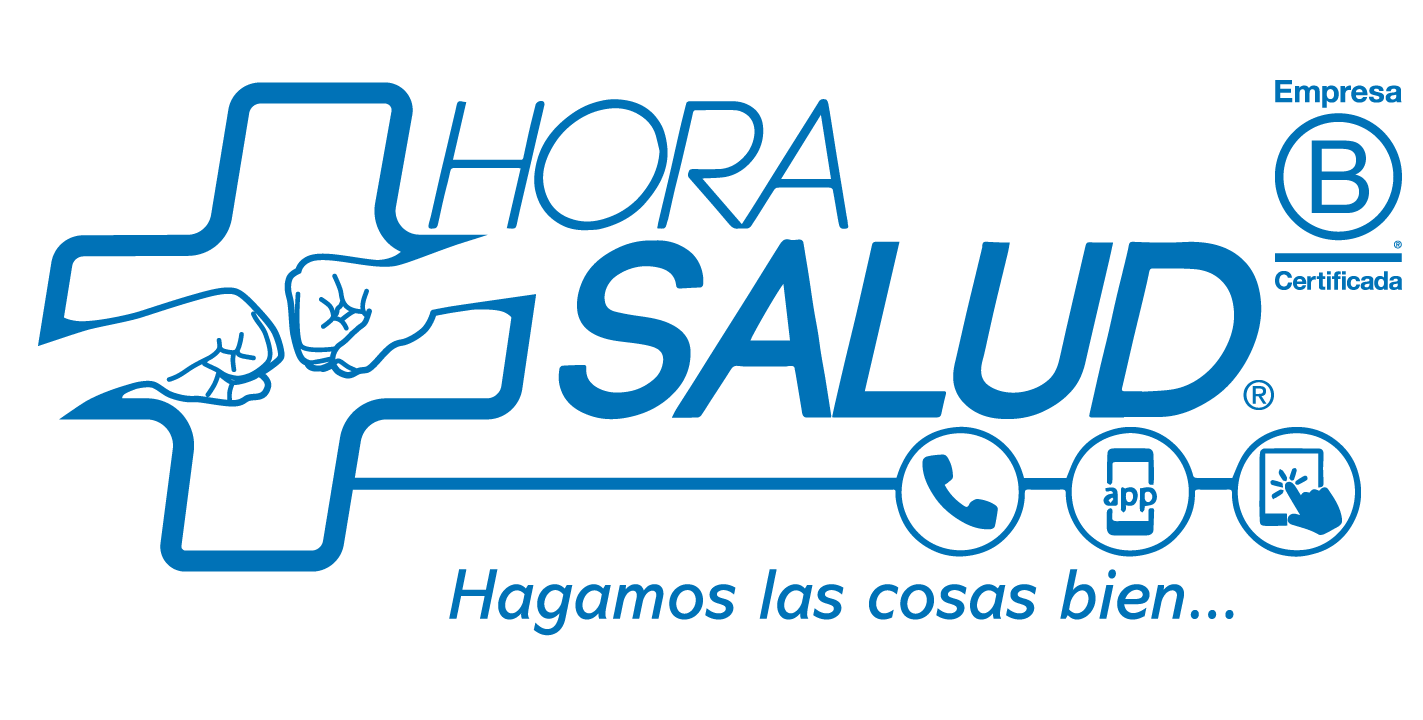

HoraSalud

Santiago Metropolitan Region, Chile
October 2014
Computer programming services
Service with Minor Environmental Footprint
Chile
HoraSalud is committed to create services that improve people’s life as well as improving the efficiency of health centers. HoraSalud’s platform allows people to book and/or cancel their appointments via three different communication channels; an mobile app, a web portal and/or a call center, available 24/7 for people to use them, this way they don’t need to wake up early in the morning, travel to their health centers and wait in line for hours only to book an appointment when they are already feeling ill. Users as well receive notifications on the mobile app or receive calls from the call center to remind them of their appointment. HoraSalud is simple and user friendly. It is a powerful tool to support health centers because it helps them to reduce the number of missed appoitments because of people’s absence, HoraSalud is making possible to cancel the appointment before hand, this way the now available appointment will be offered to someone else that may need it. This system integrates Artificial Intelligence to administrate the appointments in order to offer them to the people who need it the most instead of the first person who calls. We are committed to our purpose and we wish to maintain it in time, for it is necessary to make a formal commitment and ensure that future part
Overall B Impact Score
Governance 18.2
Governance evaluates a company's overall mission, engagement around its social/environmental impact, ethics, and transparency. This section also evaluates the ability of a company to protect their mission and formally consider stakeholders in decision making through their corporate structure (e.g. benefit corporation) or corporate governing documents.
What is this? A company with an Impact Business Model is intentionally designed to create a specific positive outcome for one of its stakeholders - such as workers, community, environment, or customers.
Workers 27.1
Workers evaluates a company’s contributions to its employees’ financial security, health & safety, wellness, career development, and engagement & satisfaction. In addition, this section recognizes business models designed to benefit workers, such as companies that are at least 40% owned by non-executive employees and those that have workforce development programs to support individuals with barriers to employment.
Community 26.7
Community evaluates a company’s engagement with and impact on the communities in which it operates, hires from, and sources from. Topics include diversity, equity & inclusion, economic impact, civic engagement, charitable giving, and supply chain management. In addition, this section recognizes business models that are designed to address specific community-oriented problems, such as poverty alleviation through fair trade sourcing or distribution via microenterprises, producer cooperative models, locally focused economic development, and formal charitable giving commitments.
Environment 5.2
Environment evaluates a company’s overall environmental management practices as well as its impact on the air, climate, water, land, and biodiversity. This includes the direct impact of a company’s operations and, when applicable its supply chain and distribution channels. This section also recognizes companies with environmentally innovative production processes and those that sell products or services that have a positive environmental impact. Some examples might include products and services that create renewable energy, reduce consumption or waste, conserve land or wildlife, provide less toxic alternatives to the market, or educate people about environmental problems.
Customers 19.3
Customers evaluates a company’s stewardship of its customers through the quality of its products and services, ethical marketing, data privacy and security, and feedback channels. In addition, this section recognizes products or services that are designed to address a particular social problem for or through its customers, such as health or educational products, arts & media products, serving underserved customers/clients, and services that improve the social impact of other businesses or organizations.
What is this? A company with an Impact Business Model is intentionally designed to create a specific positive outcome for one of its stakeholders - such as workers, community, environment, or customers.